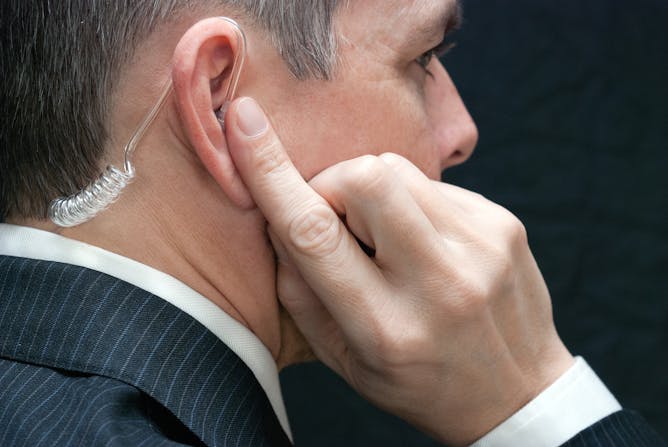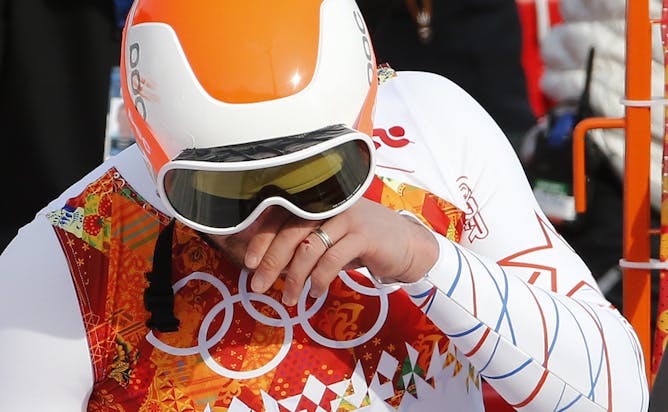| |
|
|
|
|
|
|
| |
|
Editor's note
|
|
In the wake of the Columbine tragedy, the U.S. Secret Service did a comprehensive study on school shootings. Jeff Daniels, a professor of counseling at West Virginia University, argues revisiting that 2002 study offers important insights as the nation searches for ways to prevent the next school massacre.
With a House subcommittee hearing scheduled this week on legislation to curb the opioid epidemic, Paul Sanberg, senior vice president for research at the University of South Florida and a longtime drug researcher, explains one of the key physiological reasons for opioid addiction. The brain is wired to “just say yes” to opioids. “The idea,” Sanberg writes, “that mere willpower can fight this public health emergency is not only outdated, it’s scientifically misguided.”
Now with the Winter Olympics over, this year’s Olympians are returning home – sometimes to an uncertain future, writes Edward Etzel, a sports psychologist from West Virginia University and a former Olympian himself. He describes the difficult decisions these Olympians need to make, particularly those whose identities are so closely tied to their sport.
|
Jamaal Abdul-Alim
Education Editor
|

|
|
Top Stories
|

The U.S. Secret Service released a study of school shootings in 2002.
David Stuart Productions/Shutterstock.com
Jeff Daniels, West Virginia University
As the nation searches for ways to prevent the next school shooting, one scholar says answers can be found in a forgotten study the Secret Service did after the Columbine massacre.
|

A Philadelphia man, who struggles with opioid addiction, in 2017.
AP Photo/Matt Rourke
Paul R. Sanberg, University of South Florida; Samantha Portis, University of South Florida
As the nation grapples with its opioid addiction epidemic, an understanding of how the drugs affect people is important. The powerful class of drugs actually can change the brain.
|

Most athletes leave the Olympics disappointed and empty-handed.
Leonhard Foeger/Reuters
Edward Etzel, West Virginia University
For athletes returning home – especially those who are on the cusp of retirement – the transition can be daunting.
|
|
|
|
|
|
|
|
|
Guns in School
|
-
Aimee Huff, Oregon State University; Michelle Barnhart, Oregon State University
While President Donald Trump suggests arming teachers would be a good way to stop school shootings, research shows that carrying firearms comes with a host of troublesome risks.
-
Michael Siegel, Boston University
Gunmakers should be at the center of any discussion of the root causes of violence, and a closer look at firearms sales reveals some interesting trends.
-
Robert Spitzer, State University of New York College at Cortland
The group, founded in 1871, didn’t try to smother virtually all gun control efforts until the mid-1970s.
-
Elizabeth Englander, Bridgewater State University
While politicians argue endlessly over gun control, here are 10 practical ways the rest of us can work to prevent school shootings.
-
Arash Javanbakht, Wayne State University
When mass shootings occur, some people insist the focus should be on mental illness, not gun control. A psychiatrist explains how that view misses the mark.
|
|
|
|
| |
| |
|
|
|
|
|
|
|
|